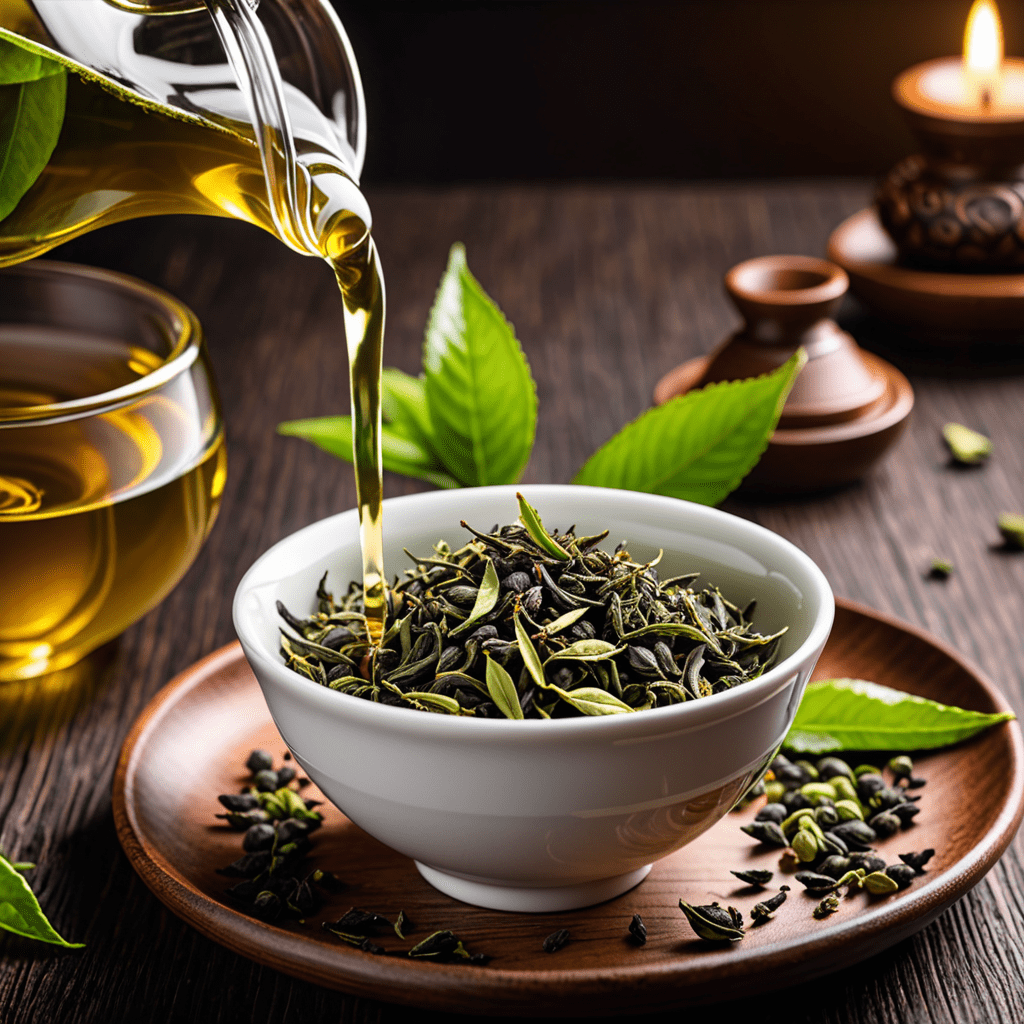
Chamomile Tea and Its Anti-Inflammatory Effects
Chamomile tea, a popular herbal infusion known for its calming properties, also boasts significant anti-inflammatory effects. Beyond its soothing aroma and delicate flavor, chamomile tea offers a natural remedy that can help reduce inflammation in the body.
The Power of Chamomile
Chamomile, derived from the Asteraceae family of plants, has been used for centuries as a medicinal herb. Its anti-inflammatory properties are attributed to the presence of essential oils like bisabolol and chamazulene. These compounds help combat inflammation and promote overall well-being.
Anti-Inflammatory Benefits
Consuming chamomile tea regularly may help alleviate symptoms associated with inflammatory conditions such as arthritis, inflammatory bowel diseases, and skin irritations. Studies suggest that chamomile tea can reduce inflammatory markers in the body, potentially offering relief from discomfort and swelling.
How Chamomile Works
Chamomile tea is believed to inhibit the production of pro-inflammatory enzymes while stimulating the release of anti-inflammatory substances. This dual-action mechanism helps to balance the body’s inflammatory response, leading to reduced swelling and pain.
Other Health Benefits
Besides its anti-inflammatory properties, chamomile tea is known for its antioxidant, antibacterial, and relaxant effects. It can aid in digestion, promote better sleep, and support overall immune function. Adding chamomile tea to your daily routine may contribute to a healthier lifestyle.
Preparation and Consumption
To enjoy the anti-inflammatory benefits of chamomile tea, steep a chamomile tea bag in hot water for a few minutes or use dried chamomile flowers for a more potent infusion. You can sweeten the tea with honey or a splash of lemon juice for added flavor. It’s best to consume chamomile tea regularly to experience its full effects.
Considerations and Precautions
While chamomile tea is generally safe for most people, those with allergies to plants in the Asteraceae family or women who are pregnant should exercise caution. If you are on any medications or have underlying health conditions, consult with your healthcare provider before incorporating chamomile tea into your routine.
FAQs About Chamomile Tea and Its Anti-Inflammatory Effects
What is chamomile tea?
Chamomile tea is an herbal infusion made from the dried flowers of the chamomile plant. It is known for its soothing aroma and delicate flavor.
How does chamomile tea help with inflammation?
Chamomile tea contains anti-inflammatory properties that can help reduce inflammation in the body. The compounds in chamomile, such as flavonoids and terpenoids, are believed to play a role in its anti-inflammatory effects.
Is chamomile tea effective for managing inflammation?
While more research is needed, some studies suggest that chamomile tea may help in reducing inflammation due to its antioxidants and anti-inflammatory properties. It is often used in traditional medicine for its potential anti-inflammatory benefits.
How should chamomile tea be consumed for its anti-inflammatory effects?
To potentially benefit from chamomile tea’s anti-inflammatory properties, it is typically recommended to drink 1-2 cups a day. Chamomile tea can be enjoyed hot or cold, with or without added honey for a calming and soothing experience.


